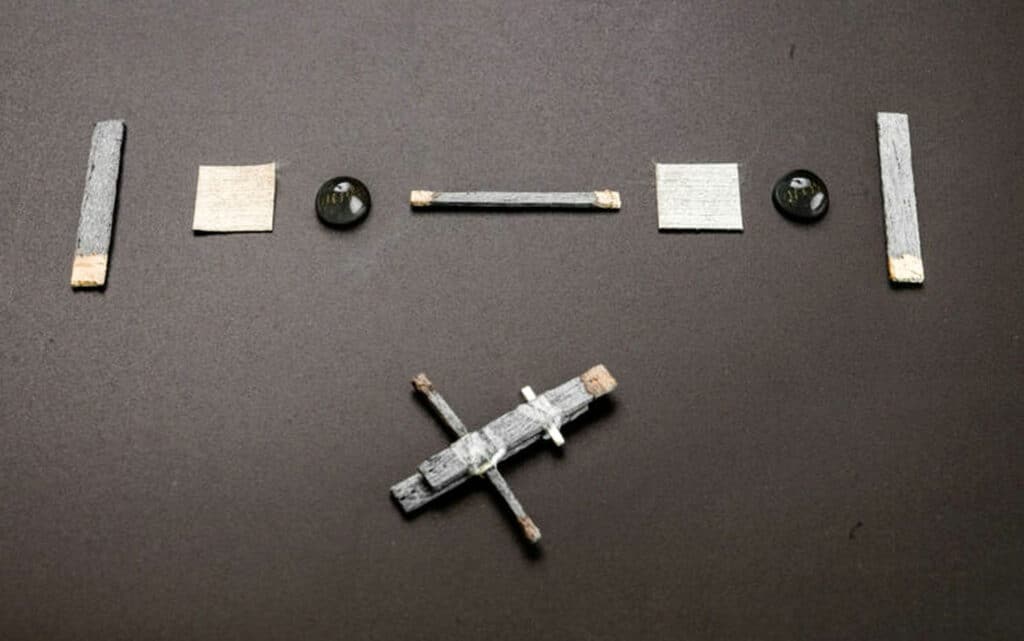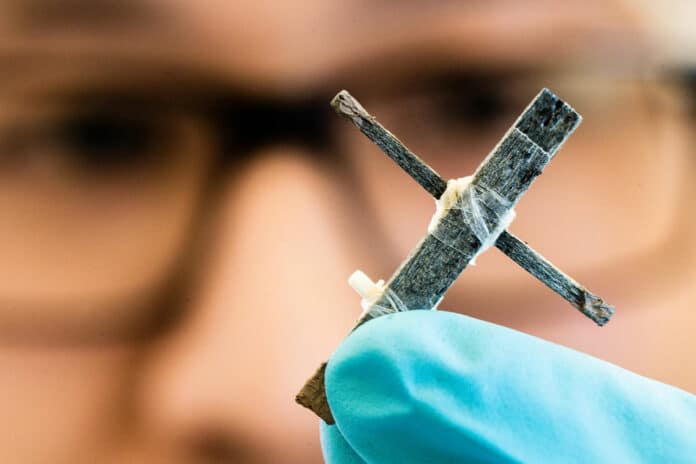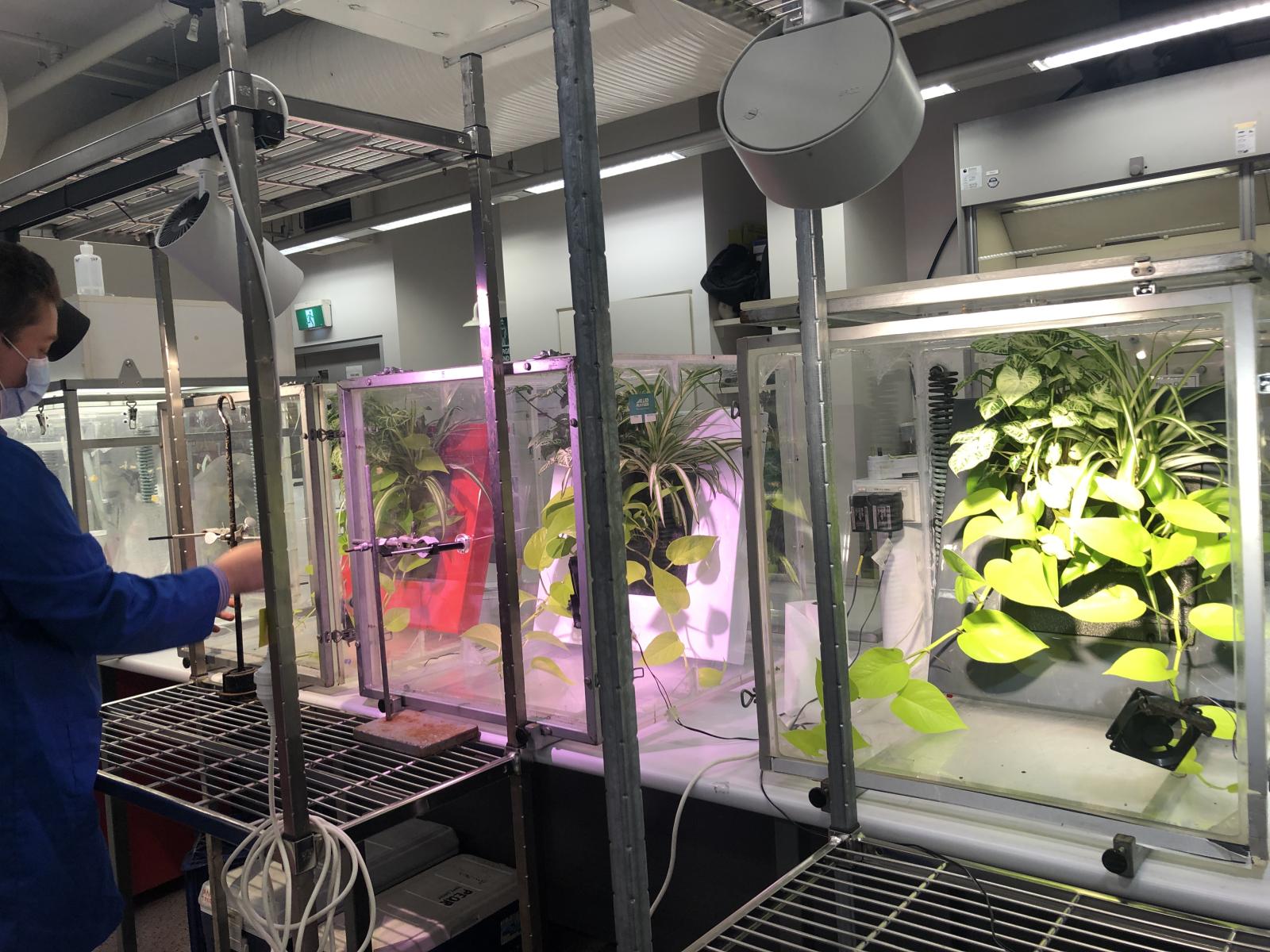The birth of modern electronics began 75 years ago when the transistor was developed at Bell Labs in New Jersey. This little device is responsible for regulating or controlling the flow of electric current and functioning as a power switch.
But now, the electrical transistor made of wood could change the game for future electronic devices
In a breakthrough, researchers at Linköping University and the KTH Royal Institute of Technology have developed the world’s first electrical transistor made of wood. This could pave the way for the development of sustainable wood-based electronics in the future.
Although researchers previously also attempted to produce wooden transistors, those wood transistors could regulate ion transport only. And when the ions ran out, the transistor stopped functioning. The new wood transistor can function continuously and regulate electricity flow without deteriorating.
The researchers used balsa wood used to create the new device. Since it required a grainless wood that is evenly structured throughout, they removed the lignin, leaving only long cellulose fibers with channels. These channels were then filled with a conductive plastic, or polymer, called PEDOT: PSS. This resulted in electrically conductive wood material.
The final transistor channel is quite large but could tolerate a higher current than regular organic transistors, which could be important for future applications.
“We’ve come up with an unprecedented principle. Yes, the wood transistor is slow and bulky, but it does work and has huge development potential,” says Isak Engquist, senior associate professor at the Laboratory for Organic Electronics at Linköping University.

Image by Linköping University







